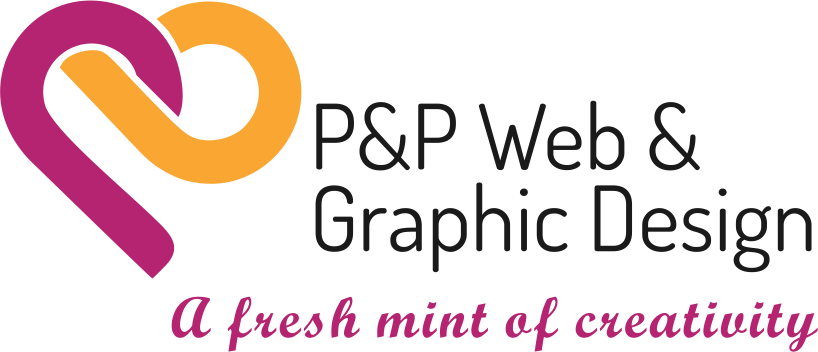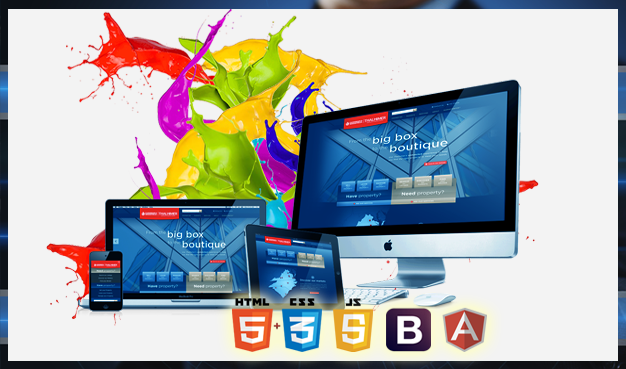- Have any questions?
- (Prasad) +91 96191 46851 | (Parag) +91 99878 20022
- support@pnpwebdesign.com
Navigating the Landscape of Web CMS Systems: A Comprehensive Overview

Elevating Your Brand: The Importance of Company Websites
February 5, 2024
Exploring the World of Web CMS: A Comprehensive Guide
February 8, 2024Navigating the Landscape of Web CMS Systems: A Comprehensive Overview
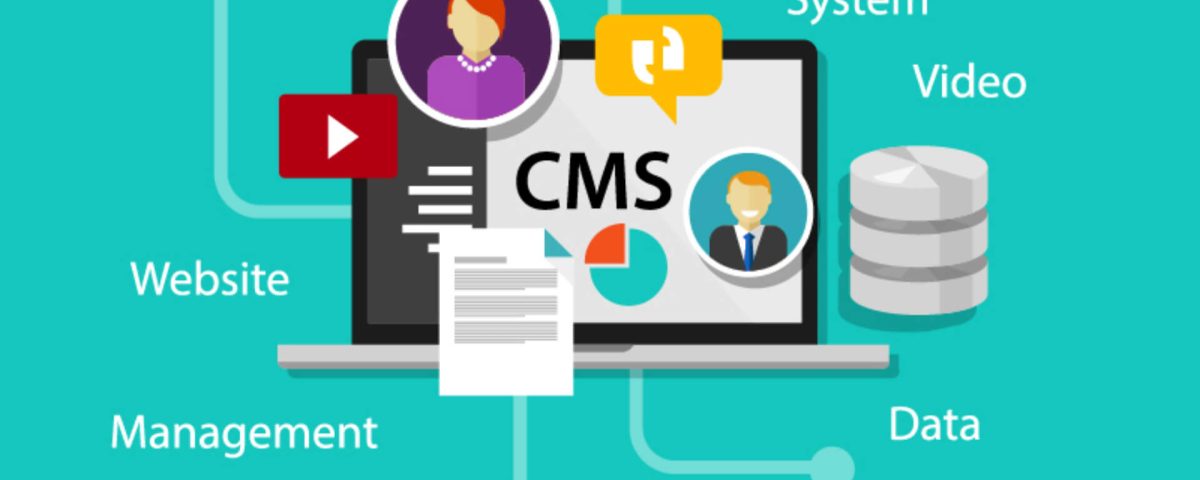
In the ever-evolving world of digital content management, Web CMS (Web Content Management Systems) play a crucial role in helping businesses and individuals create, manage, and publish content online. In this guide, we’ll explore the diverse landscape of Web CMS systems, highlighting their features, benefits, and considerations for choosing the right platform to meet your needs.
-
Understanding Web CMS Systems:
Web CMS systems are software platforms that enable users to create, manage, and publish digital content on the web. These systems provide intuitive interfaces for content creation, editing, and organization, empowering users to maintain dynamic and engaging websites without extensive technical expertise.
-
Key Features of Web CMS Systems:
Web CMS systems offer a plethora of features designed to streamline content management processes and enhance user experience. These include:
-
Content Creation and Editing:

Easily create and edit web pages, blog posts, and multimedia content using intuitive editors.
-
Content Organization:
Organize content into categories, tags, and hierarchical structures for easy navigation and retrieval.
-
Workflow Management:
Collaborate with team members and streamline content approval processes with built-in workflow tools.
-
Customization Options:
Customize the look and feel of your website with themes, templates, and layout options.
-
SEO Optimization:
Optimize your content for search engines with built-in SEO tools and features.
-
Integration Capabilities:
Seamlessly integrate with third-party tools and services, such as e-commerce platforms and marketing automation software.
-
-
Benefits of Using Web CMS Systems:
Deploying a Web CMS system offers numerous benefits for businesses and individuals alike, including:
-
Simplified Content Management:


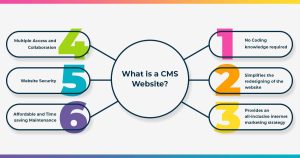
Easily create, edit, and publish content without the need for coding or technical expertise.
-
Enhanced Collaboration:
Collaborate with team members and stakeholders to streamline content creation and approval processes.
-
Improved User Experience:
Deliver dynamic and engaging web experiences with responsive design and multimedia content.
-
Scalability:
Scale your website as your business grows, adding new features and functionality with ease.
-
Cost-Effectiveness:
Save time and resources by managing your website internally, without the need for external developers or agencies.
-
-
Considerations for Choosing a Web CMS System:
When selecting a Web CMS system, it’s essential to consider factors such as:
-
Budget:


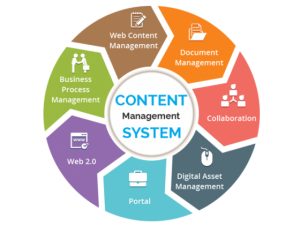
Determine your budget for purchasing and maintaining a Web CMS system, including any ongoing subscription fees or licensing costs.
-
Technical Requirements:
Assess your technical requirements, including hosting options, scalability, and integration capabilities.
-
User-Friendliness:
Choose a platform with an intuitive interface and user-friendly features to ensure ease of use for content creators and editors.
-
Support and Training:
Consider the level of support and training provided by the CMS vendor to ensure your team can effectively utilize the platform.
-
Web CMS Systems Conclusion:
Web CMS system offer a powerful suite of tools and features for creating, managing, and publishing digital content on the web. By understanding the key features, benefits, and considerations associated with Web CMS system, you can make an informed decision when selecting a platform to meet your specific needs. Whether you’re a small business owner, blogger, or enterprise-level organization, leveraging the right Web CMS system can help you enhance your online presence, engage your audience, and achieve your business objectives effectively.
